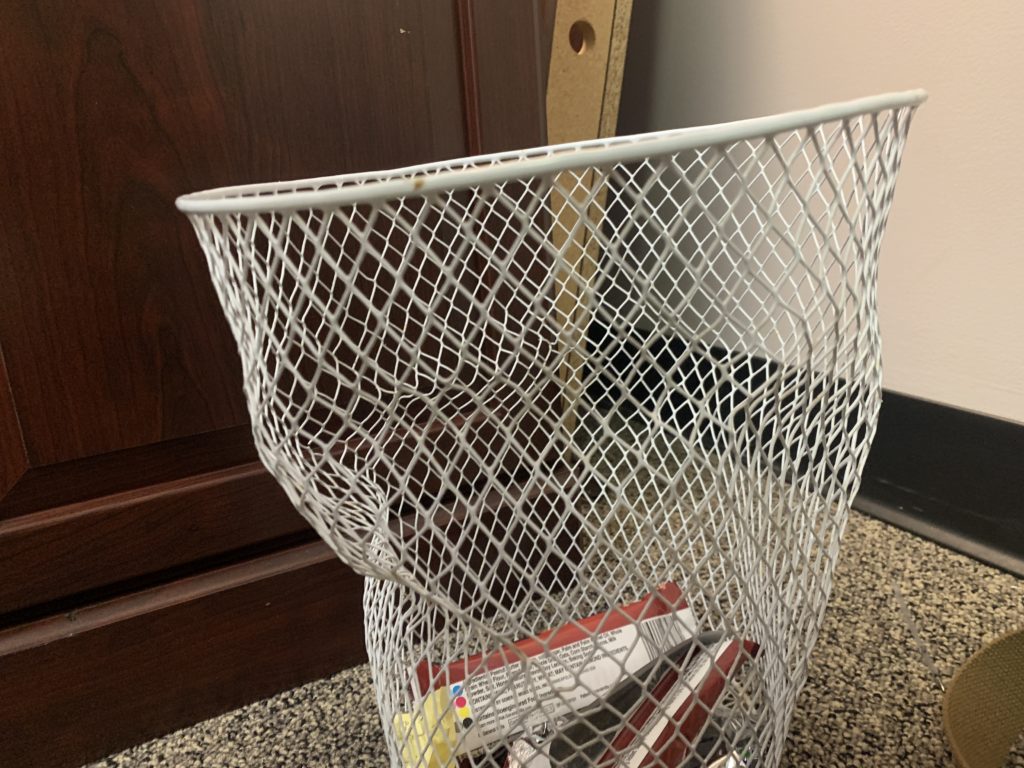I’ve been trying to practice “radical transparency” everywhere I can in owning and running the newspaper.
For example, on a regular basis I share and discuss profit and loss statements with the newspaper staff and offer to provide per-transaction detail where anyone is interested, excluding individual compensation data.
Every quarter I publish a report to the community that includes details about our finances, subscription and circulation numbers, priorities, problems and plans for the future.
Almost all of our internal and external conversations as a team happen in spaces where everyone on staff, present and future, can read them. We document almost all of our operational details in spaces where everyone can read them, no matter their role. The exceptions are around HR matters such as individual performance and compensation conversations, and sensitive interactions with story sources.
When we develop a new policy or editorial priority, it begins as a consultative conversation with queries to consider and opportunities to challenge what’s being proposed. Over time we build toward a consensus about the right thing to do for the community and the newspaper.
I share my work appointment calendar with the team so they can see who I’m meeting with, and share out notes or observations from community interactions I have even if they don’t directly impact everyone’s work.
I suppose writing on this blog about the things we’re doing at the paper is its own form of transparency.
Even the trash can in my office is almost fully transparent. 😅

Okay, I might need a different trash bin. But you get the point.
Why the strong focus on transparency?
For one, I’m managing and publishing a local newspaper at a time when such ventures are viewed as highly risky and full of potential disaster. For our subscribers, advertisers, community partners, employees and contractors, it seems prudent to try to share as much information as I can to answer the question “how’s it going?”
We know that what we do and how we do it affects many people in the community, and is a part of strengthening engagement and connection among our neighbors. If we’re all in this experiment together, I’d rather have more information than less available for folks to digest, reflect on and respond to along the way.
Related to that, if we figure something out big or small about local news business models that might benefit other local news publishers out there, I want to share about it early and often.
Same thing if we mess something up, or are about to: I’d prefer more opportunities for someone to say “oh no don’t do that!” than less.
Lastly, purely from the standpoint of reducing the number of decisions I need to make in a given day running a business, it’s just easier to default to having everything out in the open.
Having to constantly decide who is allowed to see what when and trying to talk about important business decisions without revealing the underlying business data can be exhausting for everyone involved. I think we can do a better job of confronting challenges and seizing upon opportunities if everyone is working with the same info.
Are there downsides to this amount of transparency? Probably. It creates some vulnerability to an aggressive competitor or malicious actor who wants to slow us down. I can also imagine a stakeholder (employee? subscriber?) who is uncomfortable having so much data to parse through and just wants to be told how it is and how it’s going to be. Sometimes with more information comes more potential for conflict or disagreement. And it does take some extra time to share everything out instead of just going on to the next thing.
But I think it’s important, and worth it.
I’ll keep looking for ways to be transparent about what we’re doing, and if there’s something else you want to know about in more detail, dear reader, I hope you’ll say so.

Leave a Reply